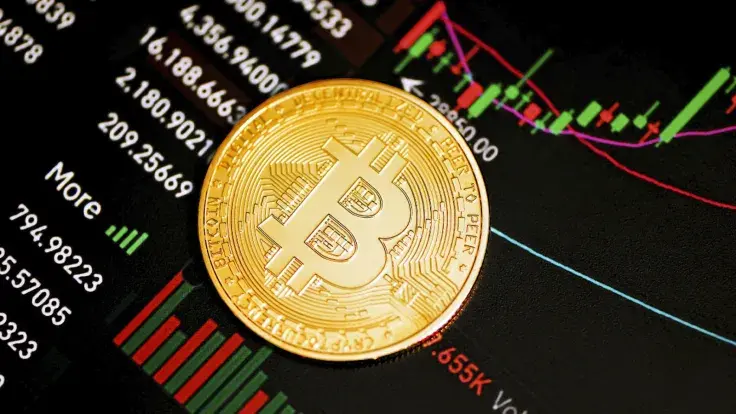In a recent tweet, Robin Brooks, chief economist at the Institute of International Finance (IIF), has drawn attention to the recent decline in Bitcoin value, attributing it to the Federal Reserve's increasingly hawkish stance on monetary policy.
According to Brooks, Bitcoin's fall coincides with the market's anticipation of more aggressive interest rate hikes by the Fed. He further emphasized that Bitcoin is "just another bubble asset" lacking inherent value and diversification benefits.
The analyst previously highlighted the apparent lack of unique attributes in Bitcoin's trading behavior, stating that its price fluctuations largely depend on the Fed's monetary policy decisions.
He argued that the cryptocurrency's rise was not due to any "special sauce" but rather the result of a more dovish Fed lifting high beta assets.
The IIF analyst maintained that Bitcoin does not offer a store of value function, diversification benefits, or yield.
However, in a surprising turn of events, Bitcoin's value fell when a dovish Fed led to a decrease in 2-year Treasury yields, an outcome that should have theoretically led to a rally in the cryptocurrency's value.
Brooks noted this as an example of Bitcoin's lack of genuine diversification attributes, emphasizing the "heads you lose, tails you lose" situation for those holding the digital asset.
After the Federal Reserve contributed to Bitcoin's decline, Brooks concludes that the flagship cryptocurrency is merely another bubble asset with zero store of value function, diversification benefits, or yield.
This viewpoint may come as a blow to long-term Bitcoin investors, who were described as "HODLER bros," who continue to champion the cryptocurrency despite its ongoing volatility and dependence on external factors such as the Fed's monetary policy.



 Dan Burgin
Dan Burgin Vladislav Sopov
Vladislav Sopov